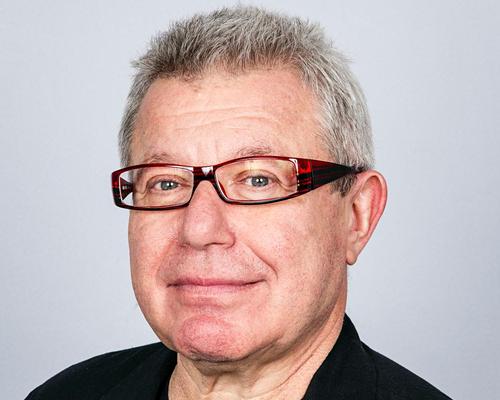21 Jun 2017
Exclusive: Daniel Libeskind urges more democracy in design
BY Kim Megson

Citizens should be empowered to play a much more active role in the design of the built environment as part of democratic society, the architect Daniel Libeskind has argued.
In an exclusive interview with CLADglobal, Libeskind said that the need to enhance public participation in the design process is “the biggest challenge facing architecture today.”
“I think architecture can only thrive in a democratic environment, and that means through involving people,” he said.
“More than just voting ‘I like it, I don't like it’, people should be actively encouraged to engage in the conversation of architecture itself. I’m a true believer that given some tools and the right discourse, people are very creative. We see it in art. Why shouldn't people have that same chance to participate in architecture?”
Libeskind has previously served as a professor at Leuphana University in the historic city of Lüneburg in Germany, running an experimental programme to encourage civic design.
“The school had no architects,” he said. “They [the students] were scientists, educators and lawyers. We decided to hold many workshops to get them designing a project for the city, which they developed over many years.
“I gave them pencils, paper, some computer software and I said, ‘You’re smart enough to design anything you want.’
“Through a series of discussions, I asked the students to tell me how the building should look. Should it have windows? How much should it cost? Should it have a door? Who’s it for? What materials should it be made of? That's the conversation that empowers people to see they are the architects.
“Aristotle said the mayor the city should know every citizen. That was for small cities in Greece, but I think he had the right idea. If you can empower people you can create a democratic society. I really believe that is coming in the future.”
Libeskind said such a consensus-building approach is important to combat the continuing threat of xenophobia, misogyny and fundamentalism in society.
The architect, who is known for projects including the Jewish Museum Berlin and the World Trade Center masterplan in New York, also hit out at Donald Trump’s actions as US president as “a throwback to a dark time.”
“I think building walls, withdrawing from climate agreements, isolating the country and blaming others is very bad, and people in America don't really accept it,” he said.
“Of course it will change. What it has done is mobilise many people to be interested in politics, who before couldn't care less about the representative they were voting for in their local election. I think it has had an electrifying effect on young people. So I’m very optimistic about the future, actually. It bodes well that more people are wanting to participate.”
Libeskind and his firm Studio Libeskind are currently developing a number of high-profile projects around the world, including the Kurdistan Museum in Erbil and the mixed-use k18b tower in Vilnius.
Close Window